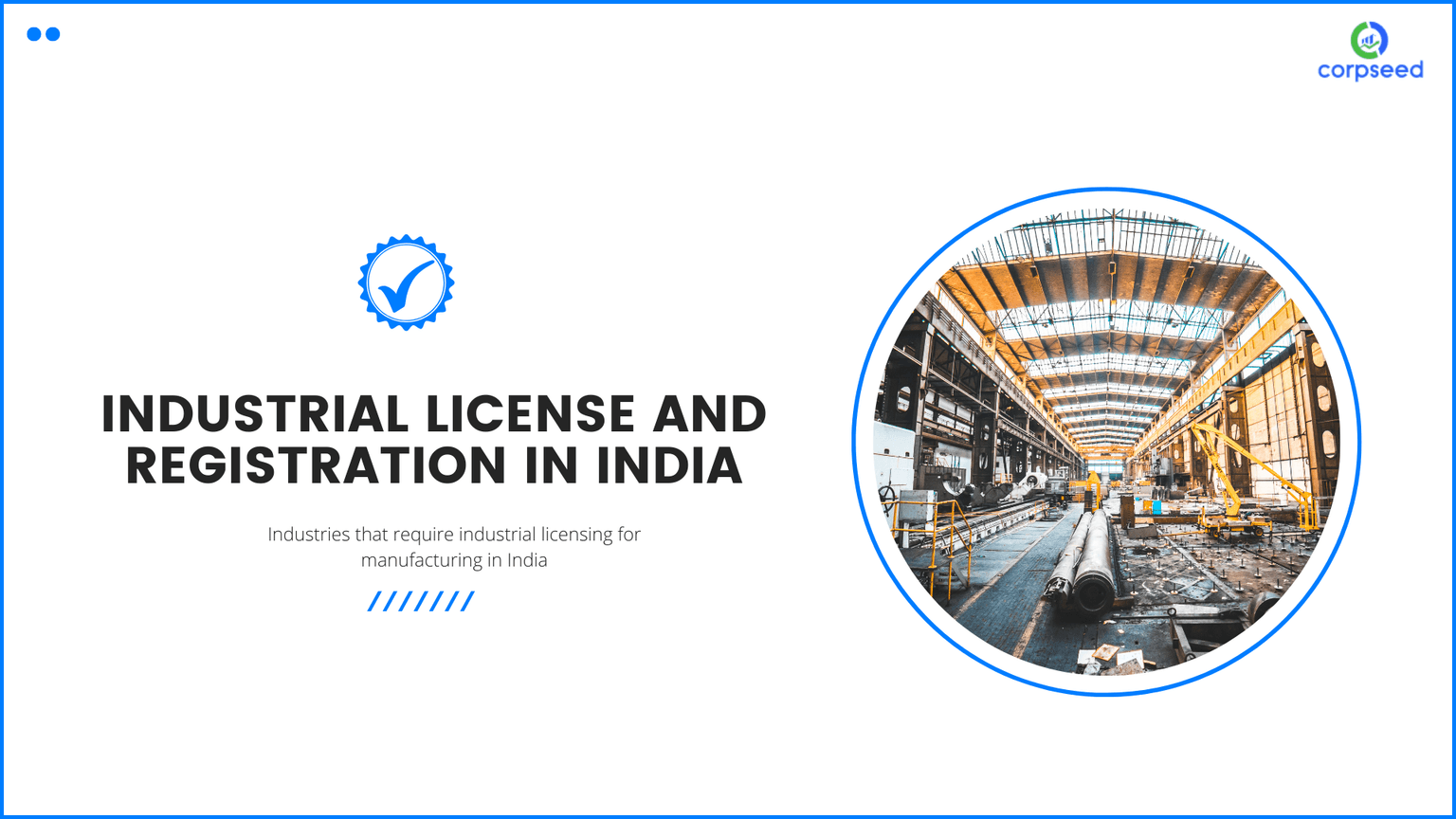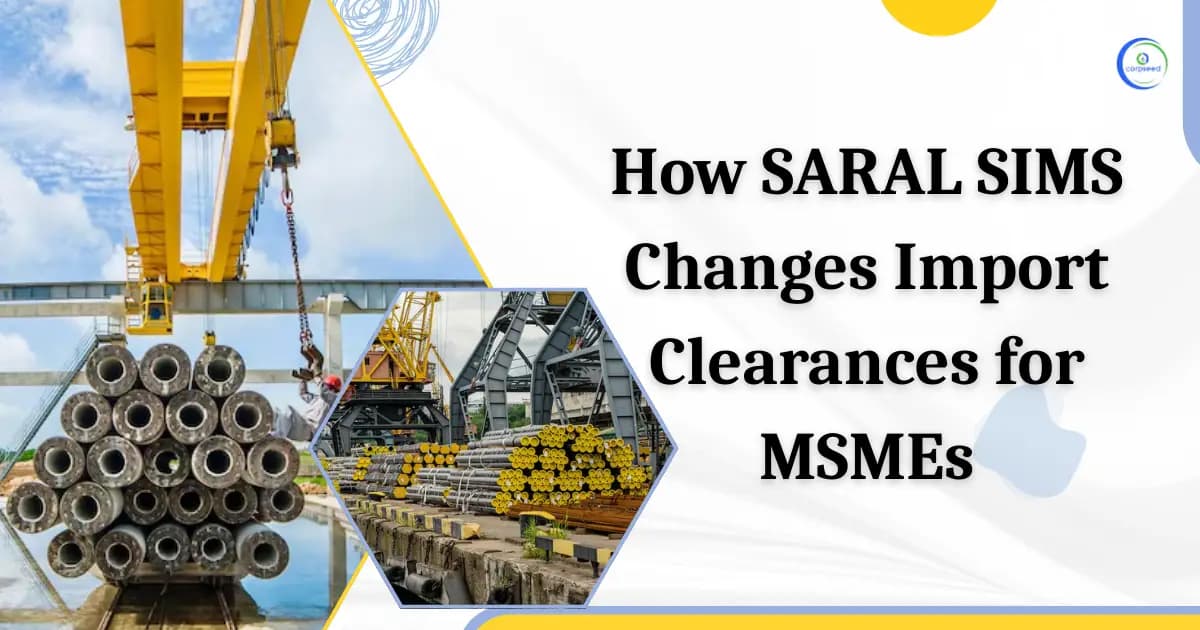
Loading...

Industrial licenses are granted under the Industrial Development and Regulation Act (IDRA) of 1951 and are approved by the Secretariat of Industrial Assistance (SIA) based on the recommendations of the industrial licensing committee.
About the Author

Experienced Digital Marketer with a demonstrated history of working in the Internet industry. He likes to write about the latest technology trends, Skilled in Digital Marketing likes. Search Engine Optimization, SMO, SEM, PPC, Content Writing, and, Designing, etc.
Related articles

How To Register A Startup Under Startup India?
2026-12-31

How to Register on the GeM Portal?
2025-12-26

How to Find the Right NIC Code for Udyam Registration (Step-by-Step Guide)
2025-12-16

How SARAL SIMS Changes Import Clearances for MSMEs
2025-12-03

DPIIT Registration: Benefits, Eligibility, Fee, and Complete Process
2025-11-24

MSTC License for Scrap: Complete Guide for Registration, Benefits & Process
2025-11-20